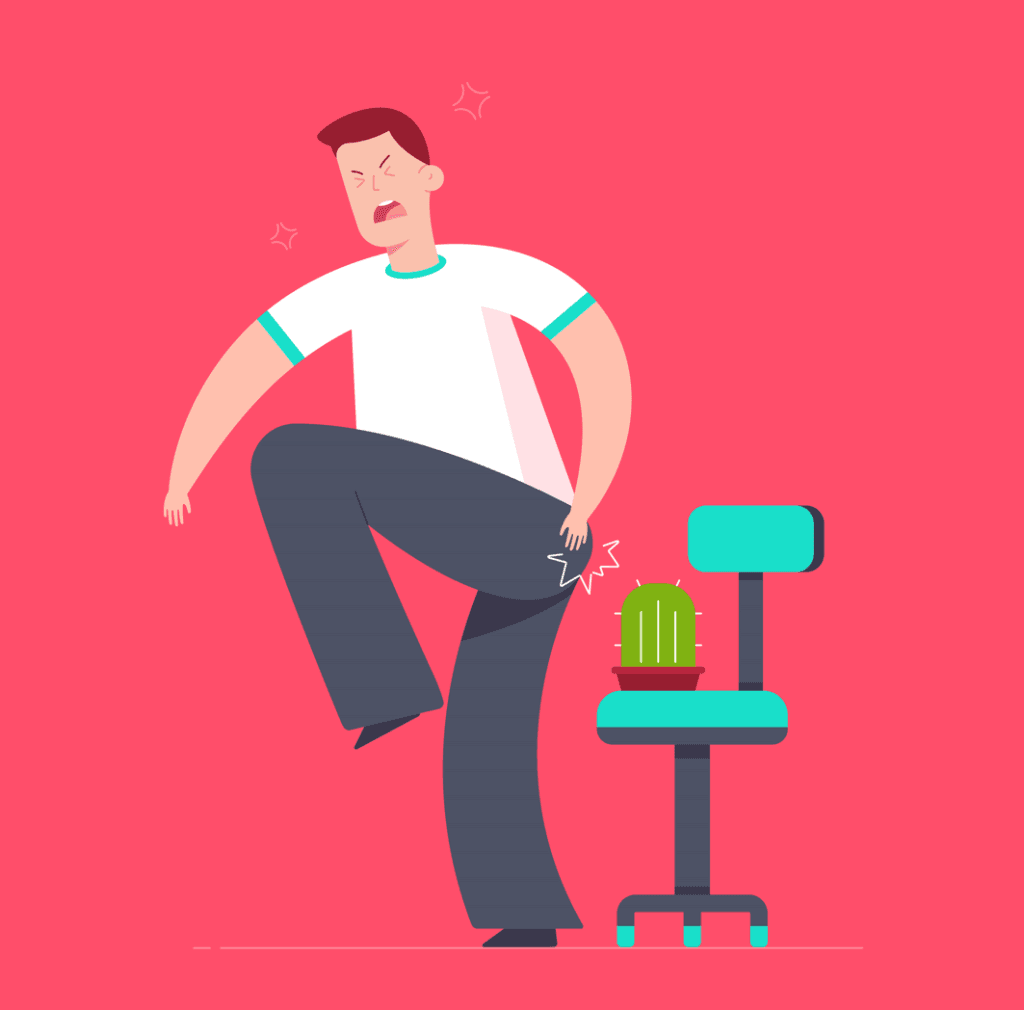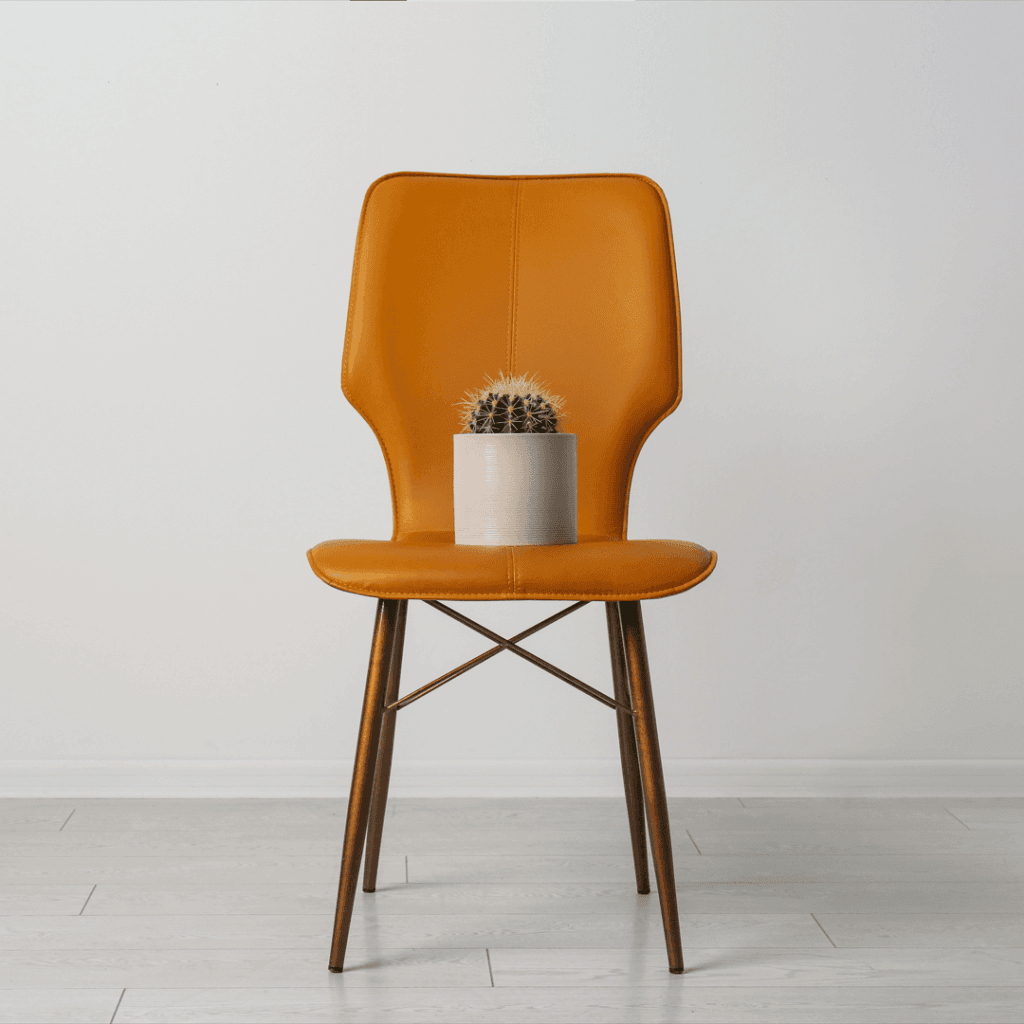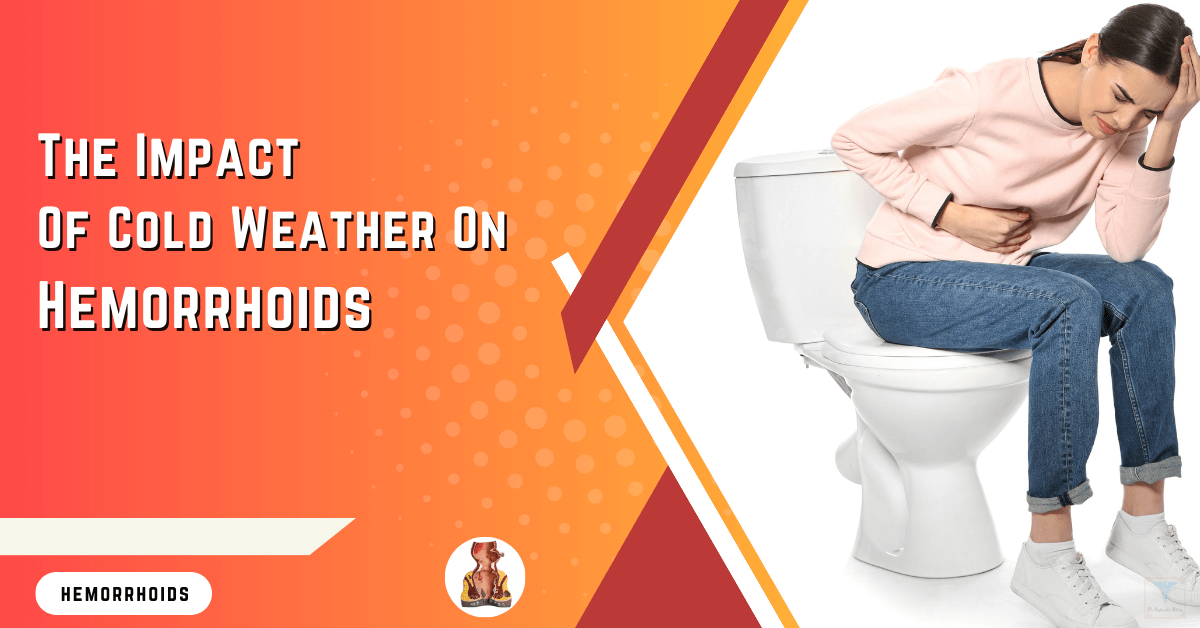As you watch your breath fog in the chill of a winter morning, you’re likely more concerned with staying warm than thinking about the impact the cold has on your body’s more hidden ailments, like hemorrhoids. And the impact of cold weather on hemorrhoids is way more than you can possibly think.
Yet, the truth is, plummeting temperatures and the lifestyle changes that come with them can have a surprising effect on these painful swellings in your lower rectum and anus.
You might find yourself indulging in richer foods or becoming less active, which, despite the cozy comfort they provide, can exacerbate the condition. What’s more, the decrease in your water intake during colder months can lead to constipation, adding undue strain that may inflame hemorrhoids further.
Stick around to unveil the subtle shifts you might need to make in your winter routine to keep hemorrhoids at bay and understand why, when the mercury drops, your vigilance against these unwelcome guests should rise.
Impact Of Cold Weather On Hemorrhoids – Key Takeaways
- Cold weather can increase the risk of hemorrhoids due to a sedentary lifestyle and increased pressure on rectal blood vessels.
- Lifestyle changes such as increasing fiber intake, staying hydrated, regular exercise, and avoiding prolonged sitting on the toilet can help minimize the risk of hemorrhoids.
- Managing hemorrhoid symptoms in winter can be done through warm sitz baths, a fiber-rich diet, sufficient water intake, using a stool to elevate feet while on the toilet, and regular exercise.
- Preventative measures for hemorrhoids in cold weather include including fiber-rich foods in the diet, prompt restroom use, regular physical activity, elevating feet or changing sitting position on the toilet, and taking proactive measures to care for the body.

Understanding Hemorrhoids And Cold
As temperatures drop, it’s important to recognize that the cold weather can lead to a sedentary lifestyle and dietary changes that may exacerbate hemorrhoidal discomfort.
You’re not alone in this; many experience increased pressure on the already swollen blood vessels in the rectal area during the winter season. The frigid temperatures discourage outdoor activities, and you might find yourself sitting for extended periods, contributing to the risk of hemorrhoids.
The dietary shifts towards high-fat and low-fiber foods, often associated with winter comfort eating, can lead to constipation. This condition, if it becomes prolonged, applies additional pressure on your rectal veins, aggravating hemorrhoids.
It’s critical to seek balance in your diet, incorporating fiber-rich foods that help maintain regular bowel movements and mitigate this risk.
Moreover, it’s essential to maintain a routine that includes exercise, despite the cold. Activities like indoor aerobic exercises can help prevent prolonged constipation and reduce the strain on your hemorrhoidal vessels. Consider sitz baths as a soothing remedy for discomfort.
Always remember to consult with a healthcare provider to ensure you’re following an appropriate treatment plan for your hemorrhoids during the cold season. You’re part of a community that understands the importance of managing this condition with care and informed strategies.
Lifestyle Changes and Risks
Adopting lifestyle modifications, such as integrating a high-fiber diet, ensuring adequate hydration, and committing to regular physical activity, can significantly diminish your risk of developing hemorrhoids. These changes promote regular bowel movements and help prevent the straining that often leads to piles problems.
Here are steps that you can take to minimize risks:
- Increase Fiber IntakeA high-fiber diet softens stools, reducing the need to strain during bowel movements, a key factor associated with constipation and piles.
- Stay HydratedAdequate fluid intake maintains bowel health, preventing hard stools that can aggravate existing piles.
- Exercise RegularlyPhysical activity reduces pressure on the abdomen and stimulates intestinal function, mitigating constipation.
- Mind Your Toilet TimeProlonged sitting on the toilet puts pressure on rectal veins and can exacerbate hemorrhoid issues.
Being mindful of these aspects is essential, especially if you’re susceptible due to age or family history. While cold weather itself doesn’t cause hemorrhoids, a sedentary lifestyle during chilly seasons can contribute to the problem.
Stay informed about your body’s signals, and don’t hesitate to consult a healthcare professional if symptoms change or worsen. Remember, you’re not alone in tackling this common condition.
Managing Symptoms in Winter
During the colder months, it’s crucial to manage hemorrhoid symptoms with strategies such as warm sitz baths and dietary adjustments to maintain comfort and prevent exacerbation.
Seated in warm, shallow water for 15 minutes, sitz baths are a conventional remedy that mitigates discomfort by enhancing blood circulation. They can be particularly soothing when the chill of winter aggravates your hemorrhoids.
To avoid the onset of constipation or diarrhea, which can exacerbate hemorrhoids, incorporate a fiber-rich diet with plenty of legumes, whole grains, vegetables, and fruits.
Sufficient water intake is equally important, as it facilitates regular bowel movements and reduces the need to strain during defecation. This practice is essential in managing symptoms in winter when cold weather may disrupt your regular habits.
Adopting elevation techniques, such as using a stool to raise your feet while seated on the toilet, can alter your position to enable easier passage of stool. This helps in alleviating pain linked to hemorrhoids. Moreover, immediate restroom use upon feeling the urge can prevent straining and minimize stress on rectal muscles.
Don’t overlook the value of regular exercise, even in winter. Physical activity stimulates intestinal movement, providing relief from hemorrhoid symptoms and assisting in their management. Remember, you’re not alone in this struggle; many seek ways to manage hemorrhoids, especially during cold weather.

Preventative Measures to Consider
While managing symptoms is vital, taking proactive steps can significantly reduce the risk of developing or worsening hemorrhoids in cold weather.
You are not alone in facing this problem, and understanding how to care for your body can help you deal with the discomfort that comes with hemorrhoids. Here’s what you should consider:
- Dietary AdjustmentsEnsure your winter diet includes fiber-rich foods such as legumes and whole grains. Stay hydrated to soften stools and make going to the washroom a smoother experience, reducing the strain around the anus.
- Prompt Restroom UseUsing the restroom immediately when the urge arises is crucial. Waiting for a long time can cause unnecessary straining, which exacerbates hemorrhoids. Avoid sitting on the toilet for a long period as well.
- Exercise RegularlyRegular physical activity is key to stimulating intestinal movement. It can relieve the symptoms associated with hemorrhoids by decreasing the pressure in the veins around the anus.
- Altered Sitting HabitsOn the toilet, consider elevating your feet with a small stool or changing your position. This can facilitate an easier passage of stools and alleviate the pain that hemorrhoids can cause.
Seeking Medical Advice and Treatment
If your hemorrhoid symptoms persist despite preventive measures, it’s crucial to seek professional medical advice to explore appropriate treatment options.
Hemorrhoids are a common problem, and seeking medical advice and treatment is a step many take to improve their condition. When at-home remedies like sitz baths and over-the-counter products aren’t enough, a gastroenterologist can offer the insight you need to know.
For individuals experiencing increased pressure in the abdomen during pregnancy or those with a bowel movement disorder, prompt medical intervention is particularly important.
Don’t wait long enough in the cold, hoping the discomfort will pass. Instead, choose the faster option of consulting with a healthcare provider.
Medical professionals may recommend a range of treatments, from conservative to more advanced, including endoscopic procedures or surgery, depending on the severity and complexity of your hemorrhoids.
After immediate restroom use, it’s wise to follow up with a doctor to prevent symptoms from worsening.
Final Note From Dr. Rajarshi Mitra
As temperatures drop, your vigilance against hemorrhoids must rise. Ensure you hydrate and prioritize fiber-rich foods to combat constipation. Resist sedentary temptations; keep active to maintain healthy blood flow. If symptoms flare, apply proven cold weather coping strategies—warm baths, over-the-counter remedies, and consistent exercise.
Don’t hesitate to seek professional guidance for persistent issues. Your proactive approach is crucial to managing hemorrhoids effectively during the colder months.



















